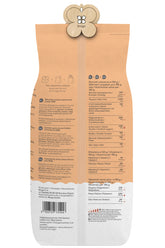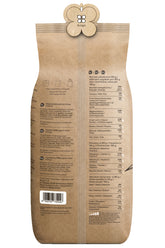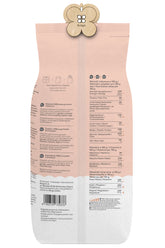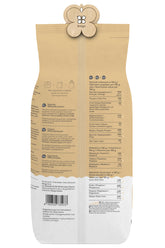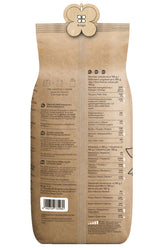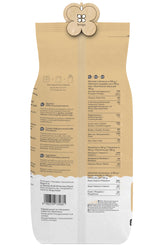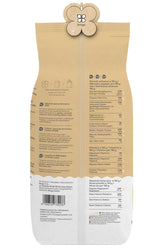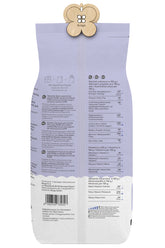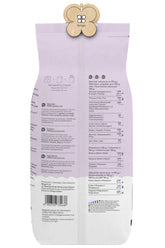Magnesium sulfate, also known as Epsom salt, is an inorganic chemical compound used in many areas of daily life. Although it is a relatively simple substance, magnesium sulfate possesses a variety of useful properties and application possibilities that often surprise.
The chemical properties of magnesium sulfate
Magnesium sulfate, with the chemical formula MgSO4, is a white, crystalline salt that is readily soluble in water. It forms when magnesium reacts with sulfuric acid. The compound is characterized by its high solubility, stability, and reactivity.
One of the most important properties of magnesium sulfate is its ability to bind water. The crystals can absorb up to 7 molecules of water, leading to their characteristic hydrate form, Epsom salt. This property makes magnesium sulfate a valuable tool in various applications.
Applications of magnesium sulfate
Regeneration and relaxation
One of the most well-known areas of application for magnesium sulfate is magnesium sulfate baths. The salt dissolves in the bath water and can thus be absorbed by the body through the skin. Magnesium plays an important role in muscle function and energy metabolism. A magnesium sulfate bath can therefore be very soothing after strenuous activities or in case of tension and contribute to regeneration.
Magnesium sulfate is also used in the form of foot baths. The feet are particularly well supplied with blood, so magnesium can be effectively absorbed here. A foot bath with magnesium sulfate can alleviate fatigue and swelling.
Natural remedies
In naturopathy, magnesium sulfate is also valued. It can be used for digestive complaints, constipation, or diarrhea, as it has a laxative effect. Magnesium sulfate can also be helpful for migraines and muscle cramps.
Furthermore, magnesium sulfate is used in ointments and creams to treat skin irritations, inflammations, or injuries. The circulation-promoting effect of magnesium can be supportive here.
Agriculture and horticulture
In agriculture and horticulture, magnesium sulfate finds diverse applications. It serves as a fertilizer to compensate for magnesium deficiency in soils and plants. Especially for crops such as fruit, vegetables, or ornamental plants, a magnesium supplement can be important.
Magnesium sulfate is also used in animal husbandry, for example as an additive in the feed of cattle, sheep, or horses. It can thus prevent deficiency symptoms and promote the health of the animals.
Further applications
In addition to the mentioned areas of application, magnesium sulfate is also used in industry, technology, and medicine:
- In textile manufacturing, it serves as a mordant and color fixative.
- In pharmacy, it is used as a laxative, antacid, or mineral supplement.
- In photography, magnesium sulfate can be used as a fixing bath.
- In technology, it is used for the production of fire extinguishers.
The versatility of magnesium sulfate
As this overview shows, magnesium sulfate is an amazingly versatile chemical compound. From bath salts to fertilizers – the simple Epsom salt has useful applications in the most diverse areas of life.
The properties of magnesium sulfate, such as its high solubility, stability, and reactivity, make it a valuable aid. At the same time, it is a natural mineral that is well tolerated by the human body and the environment.
Whether in naturopathy, cosmetics, agriculture, or technology – magnesium sulfate is a chemical compound with extraordinary possibilities. The versatility of this simple salt is impressive and shows how useful basic inorganic chemistry can be in everyday life.


